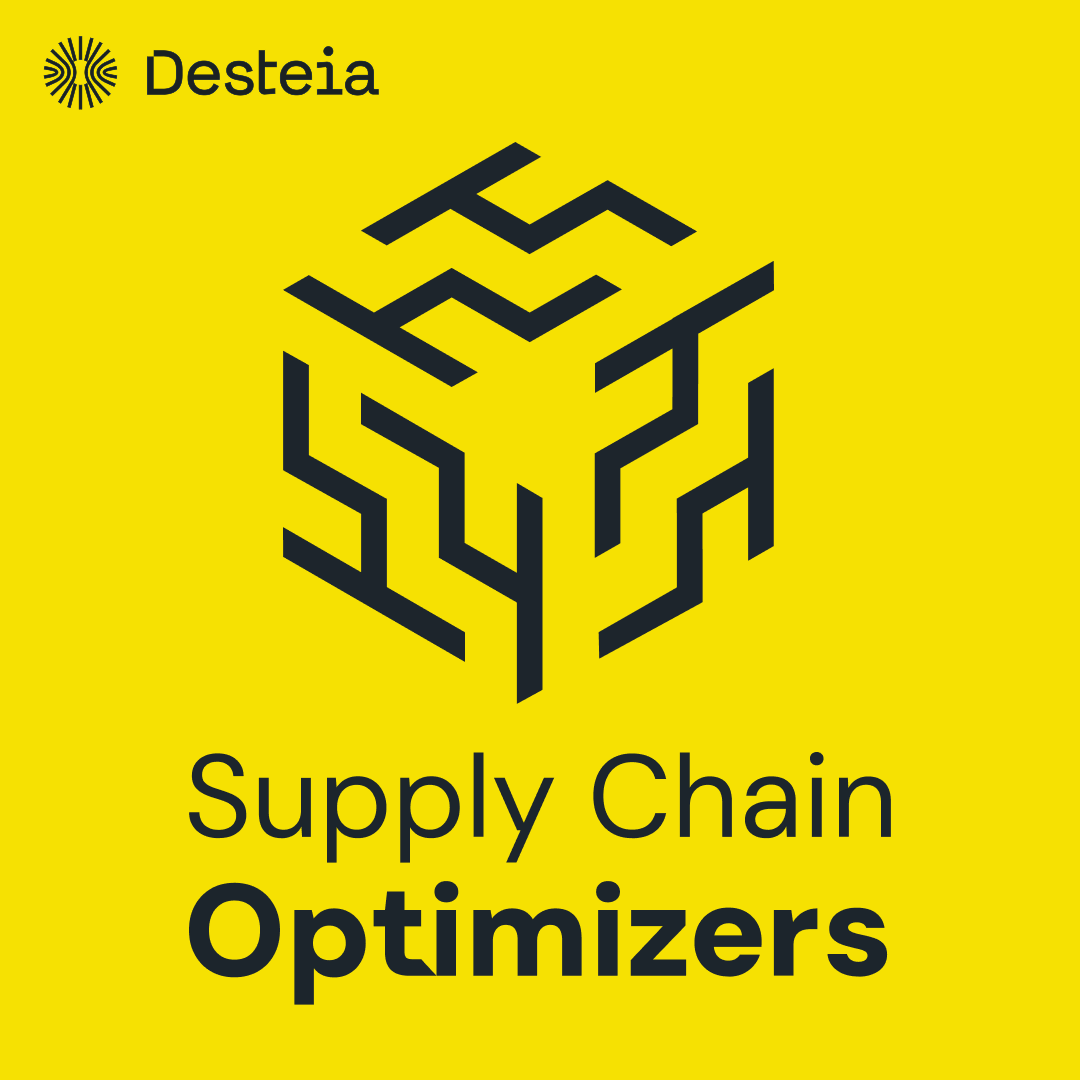Diagnose Before You Deploy: Chandan Trehan on Smarter Supply Chains
August 6, 2025

What if the key to unlocking the future of supply chains lies in smarter diagnosis, rather than just smarter technology?
Host Diego Solorzano sits down with Chandan Trehan, Lead of Digital Transformation, Supply Chains and Sustainability at Bosch USA, to unpack how successful supply chain innovation starts with identifying real problems before jumping into solutions. From scaling tech pilots to orchestrating human-AI collaboration, Trehan shares how data sharing, AI literacy, and control tower evolution are reshaping logistics. Learn why transformation isn't just about adopting tools, but enabling meaningful outcomes through strategic alignment. This episode offers a grounded, insightful roadmap for navigating the next wave of supply chain disruption.
What if the key to unlocking the future of supply chains lies in smarter diagnosis, rather than just smarter technology?
Host Diego Solorzano sits down with Chandan Trehan, Lead of Digital Transformation, Supply Chains and Sustainability at Bosch USA, to unpack how successful supply chain innovation starts with identifying real problems before jumping into solutions. From scaling tech pilots to orchestrating human-AI collaboration, Trehan shares how data sharing, AI literacy, and control tower evolution are reshaping logistics. Learn why transformation isn't just about adopting tools, but enabling meaningful outcomes through strategic alignment. This episode offers a grounded, insightful roadmap for navigating the next wave of supply chain disruption.
What you will learn:
- How to diagnose supply chain problems effectively
- Why digital transformation requires collaboration across partners
- The framework for scaling successful pilots to full-scale implementations
- How AI is transforming warehouse operations
- Why supply chain control towers are evolving from visibility platforms to predictive decision hubs
- How to prepare for a future where managers will oversee both human teams and AI
- The principle of examining existing problems rather than creating new ones
- Why data and analysis are fundamental to building long-term supply chain resilience
Chandan Trehan is a recognized global thought leader and Digital Transformation Leader at Bosch USA, driving innovation in supply chain sustainability and emerging technologies. Named a Top 50 Thought Leader by Thinkers360, he has over a decade of experience leading large-scale digital transformations across industries. Trehan specializes in AI, blockchain, IoT, and circular economy strategies. With deep expertise in supply chain analytics, design thinking, and change management, he helps organizations unlock growth, resilience, and long-term value through strategic innovation.
Key Highlights:
- 02:43 Start with Diagnosis, Not Solutions
Chandan Trehan emphasizes that digital transformation must begin with thorough benchmarking analysis rather than jumping straight to solutions. Supply chain leaders often make the mistake of treating symptoms instead of underlying problems, like implementing AI chatbots without questioning why vendors need so many queries answered. The key is setting specific, measurable objectives based on data - for example, reducing scrap from X% to Y%, rather than vague goals about "improving efficiency." Only after establishing clear benchmarks should teams identify bottlenecks and potential solutions through targeted pilots. Real transformation happens when organizations take time to diagnose root causes rather than chasing the latest technology trends.
- 07:45 The Pragmatic Approach to New Technology
Rather than getting caught up in hype cycles, Chandan advocates for "realistic pragmatism" when evaluating emerging technologies like AI. The fundamental problems supply chains face haven't changed dramatically, companies still need visibility, efficiency, and reliability, but the tools to solve them have evolved from horses to mobile apps. Organizations should focus on existing challenges rather than inventing new problems to match available solutions. The key is understanding what's realistically possible with current technology while maintaining perspective on how it fits into broader business objectives.
- 22:19 AI's Impact on Warehouse Operations
Warehouses currently spend 55-60% of their time on retrieval and storage systems, presenting a massive opportunity for AI optimization. Rather than simply adding more inventory, leading organizations are using AI to predict demand patterns and optimize layout and operations. The technology enables better planning of seasonal product placement, automated retrieval through AGVs/AMRs, and predictive upstream supply chain adjustments. However, the goal isn't "dark warehouses" with zero humans, but rather intelligent orchestration between automation and human workers. This hybrid approach allows automation to handle repetitive tasks while humans focus on creative problem-solving and continuous improvement.
- 31:05 The Future Supply Chain Professional
The next generation of supply chain leaders will need to combine systems thinking with curiosity and creative problem-solving abilities. As AI agents take over routine tasks, the human value will increasingly come from understanding complex interconnections and questioning established processes. Supply chain professionals must develop both a strategic perspective to see the big picture and tactical abilities to solve operational issues. Rather than competing with other people, they'll need to learn to work alongside and manage AI systems while focusing on tasks that require human creativity and judgment.
Episode Resources:
- Chandan Trehan on LinkedIn
- Bosch USA Website
- Diego Solorzano on LinkedIn
- Desteia Website
- Supply Chain Optimizers on Apple Podcast
- Supply Chain Optimizers on Spotify
Supply Chain Optimizers is handcrafted by our friends over at: fame.so